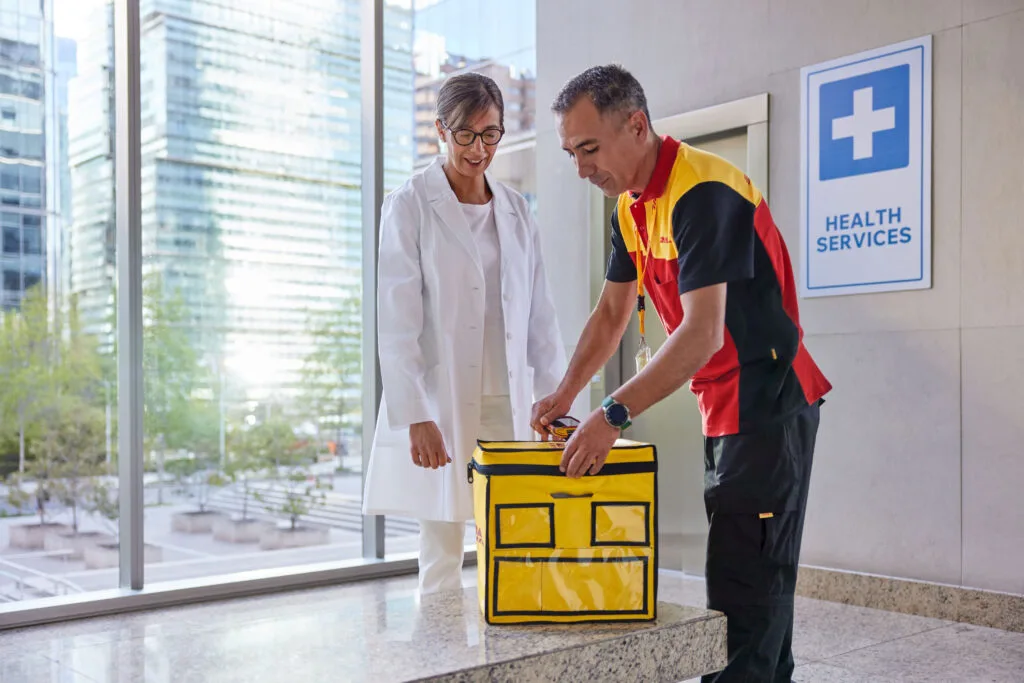Walden Group, a European logistics provider active in temperature-controlled logistics and last-mile delivery solutions for the healthcare and pharmaceutical sectors as well as express delivery, today announced it has entered into exclusive negotiations in relation to the potential sale of its healthcare activities to Yusen Logistics Group, a Japan-based global logistics company fully owned by NYK Line, the largest Japanese shipping company.
Building on a leading position in Europe, the potential transaction would enable Walden Health to accelerate its growth, expand its international reach, and enhance its service by benefitting from Yusen Logistics Group’s global network and integrated logistics capabilities.
Shared Vision for Healthcare Logistics
Founded in 1951, Walden has since been at focused on pharmaceutical and healthcare market trends, with an offering of a wide range of value-added services tailored to clients’ needs. Walden has grown from a French to a pan-European operator through a successful combination of organic growth and acquisitions, having notably acquired Movianto from Owens and Minor in 2020. As the healthcare logistics market becomes increasingly global, the proposed transaction would ensure that Walden Health is best positioned as it enters its next phase of growth, involving:
• Expansion of its footprint beyond Europe
• Building on Yusen Logistics Group’s global infrastructure and digital capabilities to enhance service quality and resilience
• Continued investment in sustainable, compliant, and temperature-controlled logistics solutions
“Today’s announcement is a significant step in our journey to become a leading healthcare logistics player and we look forward to welcoming Walden Health into our group. We have been expanding healthcare logistics for the past years by enhancing our capability worldwide to provide customers with various logistics services. We believe combination between Walden Health’s high professionalism with longstanding reputation and our global network can make our healthcare logistics service truly unique” said Hiroki Harada, CEO and Chairman of the Board of Yusen Logistics Group.
“We are proud of the journey Walden has taken to become a trusted partner in healthcare logistics across Europe,” said Stephane Baudry, Chairman of Walden Group and grandson of Marcel Baudry, the founder of Walden, formerly known as CSP. “Thanks to Yusen Logistics Group, Walden Health will develop into a truly global player, capable of offering end-to-end services to clients, building on a strong innovative DNA focused on improving patient care with an unwavering commitment to quality. I am delighted to see the strong cultural and strategic fit of the two organizations and truly believe that Walden Health is set for continued success”
Continuity and Growth
While the healthcare division plans to embark on this new journey, Walden Group will continue to invest in its mobility division, including Ciblex and Relais Colis, where exciting opportunities lie ahead in express transport and last-mile delivery.
similar news






